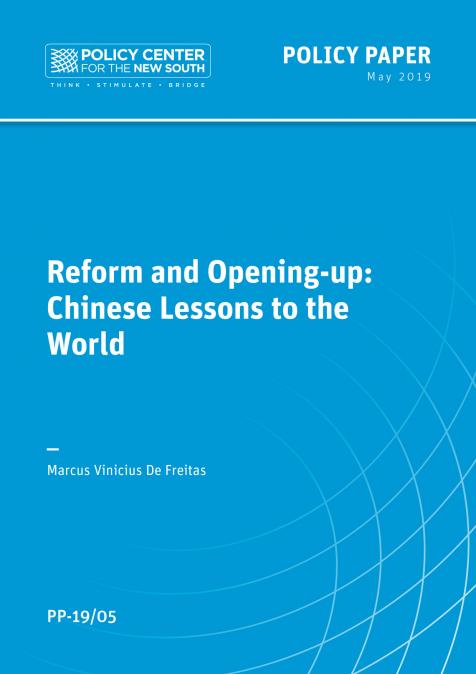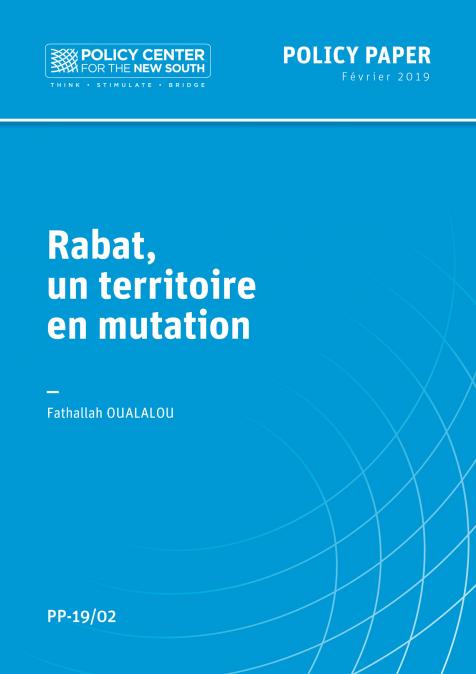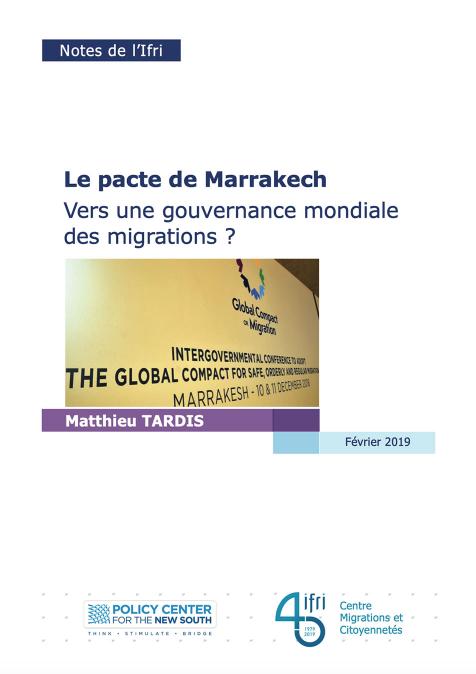The role of civil society in the fight against Coronavirus: The fundamentals and social cohesion
In light of the quick spread of the coronavirus pandemic across the world, national governments are doubling efforts to respond effectively to this public health emergency. The human and financial resources at their disposal are increasingly put under strain by the exponential growth in number of confirmed cases. This situation undoubtedly calls on a burden sharing by all relevant stakeholders in order to offer adequate healthcare and vital services to the public. Under these special circumstances, it is crucial that governments, private sector and civil society organisations (CSO) work together to tackle the issue at hand efficiently. In this context, civil society can play a role of utmost importance in the fight against the current pandemic as it can contribute to a better appropriation of social distancing recommendations by the populations and accelerate the implementation on the ground of the different measures taken at the governmental level. Within this perspective, this webinar will address ways in which civil society can help governments drive an effective response to the COVID-19 health emergency, from communication measures to advocating for funds allocation.






